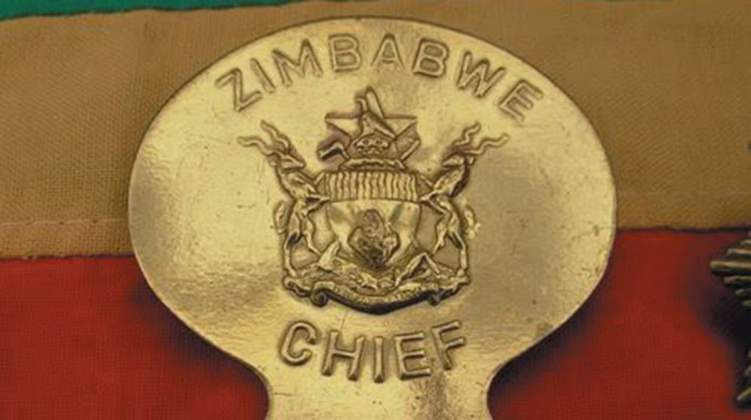
TOP-HEAVY management structures had made Zimbabwe’s economy more uncompetitive as they pushed up the cost of doing business, Alpha Media Holdings (AMH) board member, Nyasha Zhou, has said.
Business Reporter
Addressing delegates at an AMH Conversations indaba in Bulawayo last week, Zhou said Zimbabwe as a country was struggling to grow economically due to top-heavy management structures which made labour costs shoot through the roof.
“The rates are too high in this country; I am a scholar on business models for competitiveness. Do you know that our business model in Zimbabwe of all from government to private is structured around the British South Africa Police (BSAP)? It is exactly as the police force,” Zhou said.
“There are commanders, commissioner-generals, three deputies and another deputy general because the first company in this country was the BSAP which was registered and incorporated in UK to protect the Pioneer Column. That’s where the police came from; it was a company to offer security.”
Zhou added: “It was the first commercial enterprise and everybody has followed it. There is a managing director with a secretary, a deputy managing director, another one and another one….and there are already 20 people before they even produce anything and then we are uncompetitive and each one of those have cars that are driven to work and they are parked.”
He said this was the reason why the cost of doing business in Zimbabwe was too high, urging business to correct the anomaly.
“You know what happens; you pile up because there is already a cost. Rates have cost us money, water has cost money, and suddenly you have ballooned and you are just paying each other for inefficiency,” Zhou said.
- Chamisa under fire over US$120K donation
- Mavhunga puts DeMbare into Chibuku quarterfinals
- Pension funds bet on Cabora Bassa oilfields
- Councils defy govt fire tender directive
Keep Reading
Zimbabwe has perennially experienced huge budget deficits, most of which have arisen from recurrent expenditure emanating from lack of fiscal decency. This has resulted in increased domestic borrowing by government, thereby crowding out the productive sectors from the money market.
Last year, the budget deficit ballooned to $1,7 billion from $400 million the previous year, creating a major fiscal crisis for the broke government.
Zhou urged institutions of higher learning to research on organic beef as it was in demand internationally.
AMH Conversations is a platform that brings together major players for insightful and nationbuilding discussions. AMH are the publishers of NewsDay, The Zimbabwe Independent, The Standard and Southern Eye.












